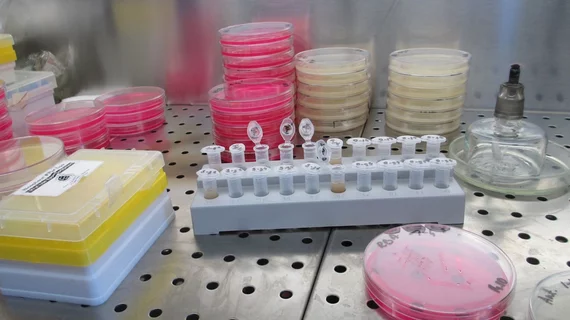Erstwhile Google exec expects biology to accelerate AI—or vice versa
If the present time represents the advent of the AI Age, it also marks a golden age for biology. And the two will soon hungrily feed off one another, driving the next big thing in supercomputing.
So believes former Google CEO Eric Schmidt, who said as much this week in San Francisco at SynBioBeta, an annual gathering of investors, startup owners and other advancers of the field of synthetic biology. It’s a field in which many ideas for what’s possible involve health and medicine.
CNBC has posted brief coverage of the talk.
When he was at Google, the network reminds, the company invested in various technologies aimed at healthcare. Most of them fizzled.
“It’s easy to come up with movie recommendations or YouTube recommendations, because we have millions of data points of people like you,” Schmidt told attendees. “We don’t have an analogous amount of data in biology yet.”
Emphasis on the yet. Read the rest:

